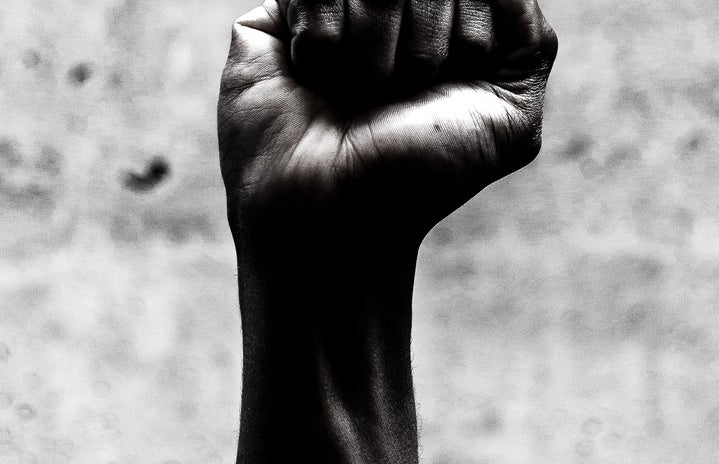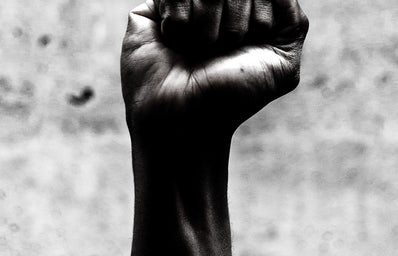In honor of Black History Month, I wanted to take the time to write about a person who impacted the trajectory of my academic career in ways that I never would have expected. This is also dedicated to the amazing author, Colson Whitehead, who continues to inspire me to educate myself today.
The Spring 2020 semester just started at my community college. I had just enrolled in my first Honors English course. One of the required readings of this course was Whitehead’s work, The Nickel Boys. At the time I didn’t think much of it considering I had a fair amount of imposter syndrome over being in this seemingly prestigious course, but everything clicked by the time we were starting to cover the novel.
For those of you who are unfamiliar with the work, the fictional novel is set around the time Brown v. Board of Education passed in the Supreme Court. It follows Elwood, an intelligent teenager who has the opportunity to attend free college courses in the summer. Everything goes sideways when Elwood is arrested for hitching a ride in a stolen vehicle, and is sent to serve time in Nickel Academy as a result. The academy itself is based on Florida’s Dozier School For Boys, which was riddled with the same abuse portrayed in this novel.
At the time of reading this novel, George Floyd’s murder transpired along with the consequential protests that took place around the country. With one of the prominent themes of Whitehead’s novel being protesting through different means and the oppression of the criminal justice system, it lit a fire in me. I channeled all of the anxiety, frustration, and anger into a ten-page research paper.
What followed after submitting the paper surprised me. My professor recommended that I submit this paper to my school’s academic research conference later that year. Knowing that this was something I was clearly passionate about, I accepted and spent hours compiling a presentation. I ended up receiving a lot of positive feedback, and was compelled to continue participating in future research conferences to highlight racial inequality through literature.
Today I’m currently compiling fictional and nonfictional works to write a research project on the different ways Black authors protest stereotypes. With Whitehead’s work first inspiring me to take on this task, I decided to use the same novel as a starting point when looking at criminalization in the Black community. I have no clue what my future may hold in terms of what I intend to do with the research I have conducted so far in the world of literature. However, I know that Whitehead has unintentionally helped me find what I am passionate about, and I intend to run with that passion wherever I end up. And if he ever ends up coming across this article, thank you for everything you have done for your audience.


